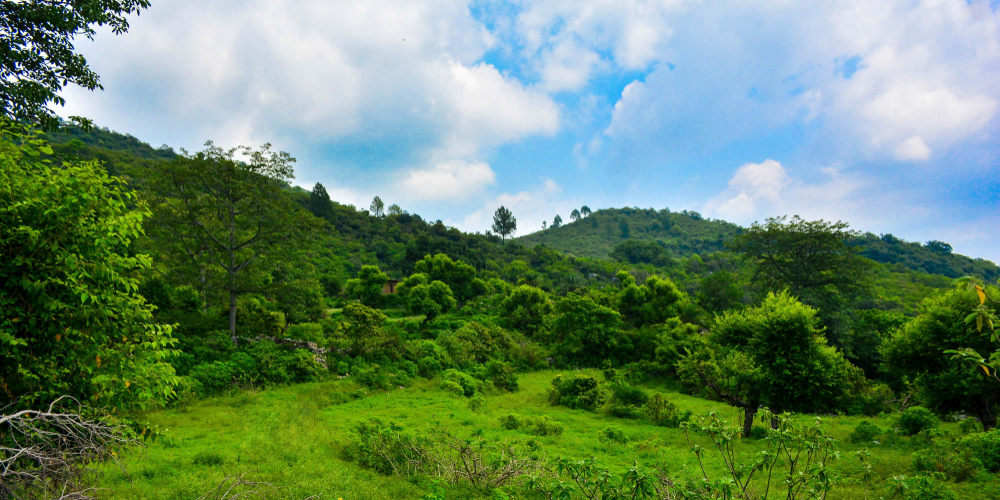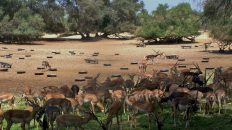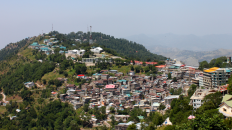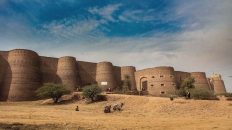Margalla Hills National Park, is located in the foothills of the Himalayan range. The topography is rugged, with numerous valleys and many steep and even precipitous slopes. The area is drained by the River Kurang and its tributaries, which flow into the River Soan. Margalla Hills National Park is the most accessible park in Pakistan due to its close proximity to the national capital, Islamabad. A visitor centre is planned for Daman-E-Koh, providing lounge accommodation and an information service. Lodges, camping grounds and picnic sites are also planned and the provision of a chair lift may be considered.
Wildlife:
Margalla Hills are unique in Pakistan, being rich in Sinohimalayan fauna, some species (especially birds) of which are at the western extremity of their distribution. It is an extention of the Islamabad wildlife sanctuary, which includes the Shakar Parian Hills and the Rawal Lake. The park was setup to provide refugee to the Gray Goral, Barking deer and the Leopard. Protection to these animals have benefitted other unusual and interesting smaller animal as well. Margalla Hills Park provides an excellent opportunity for bird watching. A Cheer Pheasant hatchery has been established at Chak Jabri and Dhok Jewan to raise captive Cheer pheasants that have become extinct in the hills. These are then released in the wild.
Mammals:
Mammals in the park include Asiatic leopard, Wild boar, Golden Jackal, Rhesus Macaque, Leopard cat, Gray Goral sheep, Barking deer, Chinkara gazelle, Red fox, Pangolin, Porcupine, Yellow throated marten and Fruit bats.
Birds:
Birds in the park are Himalayan Griffon vulture, Laggar falcon, Peregrine falcon, Kestrel, Indian sparrow hawk, Egyptian vulture, White cheeked bulbul, yellow vented bulbul, Paradise flycatcher, Black partridge, Cheer pheasant, Khalij pheasant, Golden oriole, Spotted dove, Collared dove, Larks, Shrikes, Wheatears and buntings.
Reptiles:
Reptiles in the park are Russell’s viper, Indian cobra, Himalayan pit viper and Saw scaled viper.






